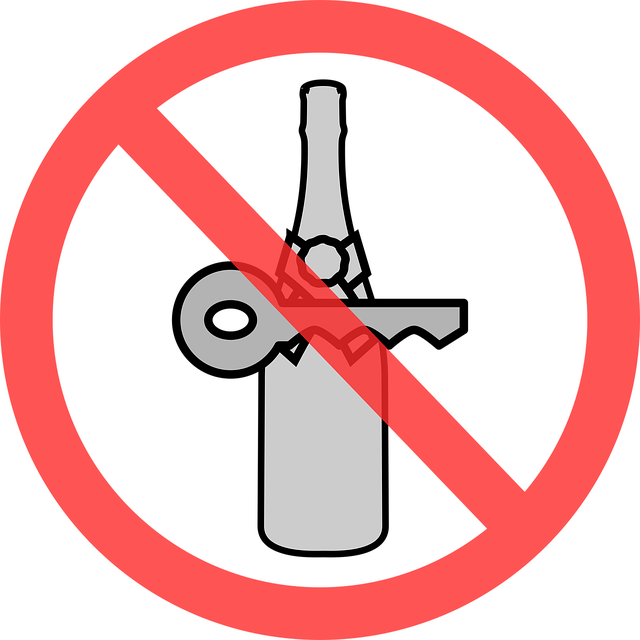For high-risk reoffenders facing DUI charges, understanding your Fourth Amendment rights during traffic stops is essential for protecting your defense. Law enforcement agencies implement strict strategies like enhanced surveillance and targeted patrols to ensure public safety. Awareness of severe consequences, coupled with access to counseling, support groups, and rehabilitation, can help break cycles of substance abuse, empowering high-risk individuals to make better choices.
“In the high-pressure environment of traffic stops, understanding your rights is paramount. This article equips both individuals and law enforcement with crucial knowledge about their rights and responsibilities during these interactions. We delve into ‘High-Risk Reoffender DUI Management’, exploring strategies to enhance safety and justice. From recognizing potential red flags to implementing effective communication techniques, this guide offers insights that could make a significant difference in public safety. By understanding your rights and the unique challenges faced by high-risk reoffenders, we aim to foster a more informed and secure society.”
- Understanding Your Rights During Traffic Stops
- High-Risk Reoffender DUI Management: Strategies for Law Enforcement and Individuals
Understanding Your Rights During Traffic Stops

During a traffic stop, it’s crucial for all drivers to understand their rights, especially those who are labeled as high-risk reoffenders or facing DUI charges. In many jurisdictions, police officers are required to inform individuals of their legal protections under the Fourth Amendment, which safeguards against unreasonable searches and seizures. This means they have the right to know why they were pulled over and to refuse any requests for consent that may compromise their case, particularly in relation to DUI management.
Understanding these rights can help individuals navigate the situation more effectively. They are not obligated to answer questions beyond providing basic information like their license and registration. Any statements made during a traffic stop can be used against them in court. For high-risk reoffenders or those facing DUI, it’s particularly important to remain calm, polite, and assertive about their rights to ensure any actions taken during the stop don’t inadvertently weaken their defense strategy.
High-Risk Reoffender DUI Management: Strategies for Law Enforcement and Individuals

In the context of High-Risk Reoffender DUI Management, law enforcement plays a pivotal role in identifying and mitigating potential risks associated with individuals who have previously been convicted of driving under the influence (DUI). Strategies such as enhanced surveillance, targeted patrols, and rigorous license revocation procedures are instrumental in keeping high-risk reoffenders off the roads. These measures not only protect public safety but also serve as a strong deterrent for potential repeat offenders.
For individuals who fall into this category, understanding their rights and the legal implications of reoffending is crucial. Awareness campaigns and counseling programs can empower these individuals to make better choices by highlighting the severe consequences of DUI offenses, including lengthy prison sentences, substantial fines, and long-term license suspensions. Additionally, access to support groups and rehabilitation services can offer a path to recovery and help break the cycle of substance abuse that often contributes to repeated DUI incidents.
Understanding your rights during traffic stops is crucial, especially for high-risk reoffenders facing DUI charges. By knowing their legal protections, individuals can navigate these encounters with confidence. Law enforcement agencies play a vital role in managing DUI cases through specialized strategies tailored to this demographic, ensuring public safety while upholding justice. This comprehensive approach to High-Risk Reoffender DUI Management is a symphony of cooperation between citizens and authorities, fostering a safer and more just society.






